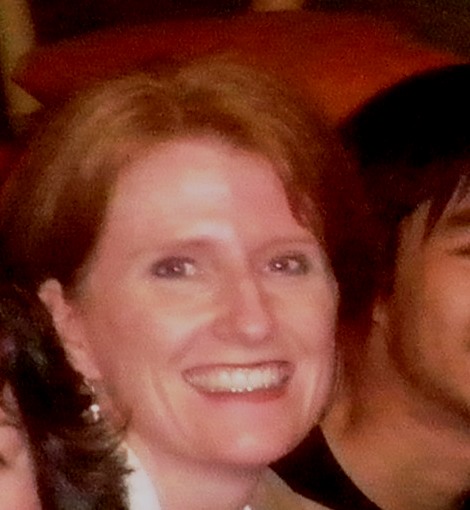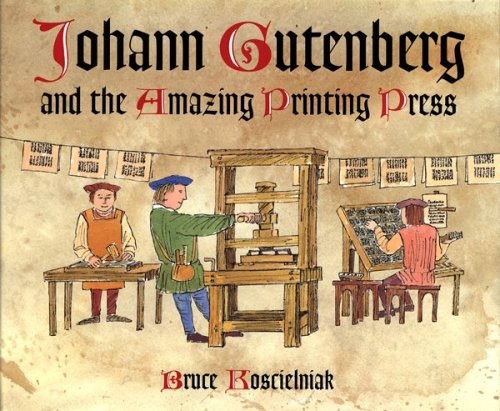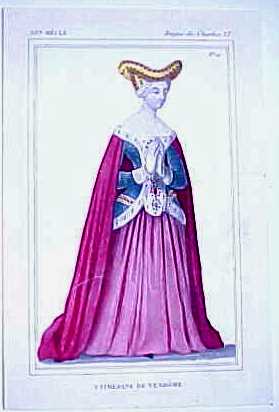 Loading... Please wait...
Loading... Please wait...All prices are in All prices are in AUD
Categories
- Home
- Blog History Revisited
- Study History
Blog History Revisited - Study History
Why Study History?
Posted by ©Sandra Ker Owner and CEO of the Antiquarian Print Gallery 1989-2018, South Australia. Dealer in Antique Prints and Maps. on 28th Aug 2015
Preserve the Past and the Present to benefit Our Future!

- Sandra, history enthusiast who turned it into a business.
Welcome to a blog that celebrates history. Not as a yearning for corsets, lack of dentistry and body odour control. It is more an awareness of how we measure "progress" (or not). As with all knowledge "We didn't know until we knew it", a bit like trying something new and finding out that we enjoyed the doing of it= "Who knew that?". My father spent any spare time down in the shed tinkering, restoring, fixing auction finds. Didn't all dad's do such things? It should not have been a surprise that his two kids rather enjoyed the History topic during their school years. A very real consequence was the opening of the ANTIQUARIAN PRINT GALLERY in 1989. The initial focus was Antique Prints & Maps. We started to offer Custom Framing. As the framing industry became more knowledgeable about what hurts/preserves these historical treasures, well, we evolved into Conservation/Museum custom framing. That is the constant theme of history, it always changing. Each generation's challenge is to keep that striving to solve problems, in our case, Preserving the Past & Present for the Future Generations" to treasure/enjoy/learn. My delight was discovering a time before population growth, dwindling resources & the irritation of designed obsolescence. However, there is no better time to live than in the present.
Gutenberg Press, circa 1452

- Gutenberg's solution to provide cost effective books.
In 107 AD the Chinese invented paper. It should be no surprise then that they also invented printing, along with a plethora of other inventions we now take for granted. Why did they not take advantage of their ingenious problem-solving triumphs? The East did not "enjoy" the Western World's Industrial Revolution. This is where the Silk Road access to their brilliance was replicated giving rise to the concept of the Merchant Class, or Middle Class. The Gutenberg Printing press itself began out of a desire by Johannes Gutenberg to bring knowledge to those growing masses, mostly the word of the Bible. Turns out in five years he printed 180 Bibles, page by page when before his invention it took a scribe 5 years to write one bible. The magnificent bound volumes produced by monks were precious works of art but hardly accessible to the common man. Therefore "knowledge" was the privilege of the elite classes to the majority's detriment. Gutenberg dedicated himself to the task yet died in poverty due to the tenuous existence before social welfare. Yet his legacy today is preserved with the evolution of technology. Colin Choate began the digital literary archive, The Gutenberg Project. Choate's value proposition is the same as the project's namesake, to bring knowledge in a cost-effective way, this time using kindle-readers and eBooks
Generational change...but are we so different?

History of Fashion
We may wear different clothes, not have to walk as far to find water, clean or dirty, & enjoy education denied to many before the Education Act of 1875, but our wants & needs are much the same. It takes less than a generation to forget. Maybe it is the forgotten solution to a past problem that just needed a modern discovery to make it the solution that it was always meant to be(?) Prints have often become orphans during their journey to the present. The loss of historical context condemns them to the state as discombobulated orphans seeking a narrative. That is the power of research. I hope to explore, with your help, some of the moments that have delighted us by being relevant as forebears to our modern counterparts. Those intriguing quaint maps of places that look vaguely familiar but for a mere clock-maker that invented a thing that measured longitude, the Harrison Clocks. Don't get me started on maps! The line so discovery becomes a mosaic of the proof of history, the best of it & the worst. We forget, solutions to problems have changed the world for the better, but financial hangovers like the 1720s "South Sea Bubble", 1930s Great Depression and the 2008 Global Financial Crisis (GFC) proved we still have much to learn. On other occasions, it was a case of needing a solution to solve one problem only to find a mistake offered a larger benefit, like Alexander Fleming mouldy agar dish faux par had to happen so Howard Flory could invent penicillin. No time in history can be better than the present...if only because we have the privilege of comparison.
©Sandra Ker, CEO Antiquarian Print Gallery/History Revisited, South Australia 1989-2015
Recent Posts
- » Lady Sarah Lennox, King George III & The Honourable George Napier
- » Schomburgk's Botanic Garden & Park Plan, 1874
- » "City of Adelaide" Clipper Ship - What is Old Is New Again
- » Napoleon, Hudibrastic Poetry, Doctor Syntax & the Power of Satire
- » Colonial Melbourne to Albury "Parlour Car" Photo Connects to Adelaide Past & Present





